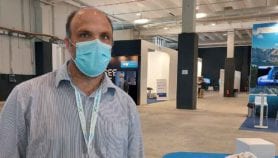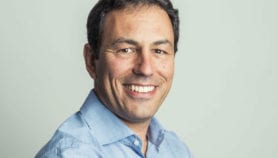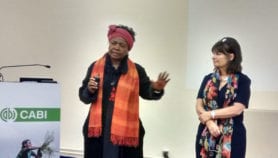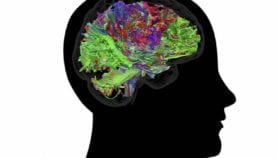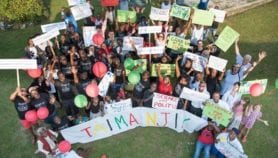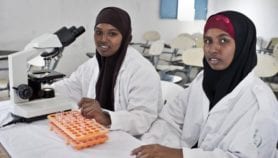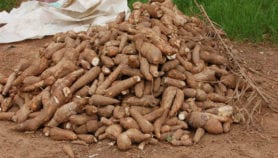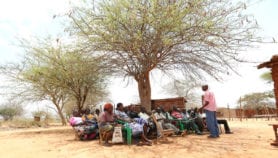By: Christina Scott
Send to a friend
The details you provide on this page will not be used to send unsolicited email, and will not be sold to a 3rd party. See privacy policy.
[CAPE TOWN] Africa has a pivotal role to play in assessing the health of the planet, says the director of the International Council for Science’s (ICSU) new Africa office, which officially opened yesterday (1 September).
The office is based at the South African government’s premier research agency, the National Research Foundation in Tshwane (formerly Pretoria).
Its first director, Sospeter Muhongo, a Tanzanian professor of geology, told SciDev.Net after the launch that he had four priorities for ICSU-Africa.
Health and human wellbeing top his list, followed by — in order — hazards such as pollution and deforestation; sustainable energy; and global climate change.
Muhongo said Africa could focus on renewable energy sources such as geothermal energy, and using small hydroelectric stations on rivers to supply towns or villages with cheap, clean energy.
One of the office’s first activities will be to set up a network of climate change researchers from across the continent. The network will work on sub-regional ecosystem assessments based on the United Nations’ Millennium Ecosystem Assessment (see Healthy ecosystems ‘critical in fight against poverty’).
“There are 1,500 known scientists on the continent engaged in a range of global change and environmental change work,” said Robert Kriger, ICSU-Africa’s programme director, who is preparing for a workshop in Kenya in September to plan the network.
Muhongo says ICSU-Africa will set up a database of African scientists, whether working on the continent or in the diaspora. Adding that the office has a US$1 million budget for the current financial year, Muhongo said it would also conduct capacity building, gender balance, and outreach activities.
“The great achievements recorded by ICSU in the developed countries should inspire African scientists to apply science in solving Africa’s socio-economic problems,” said Muhongo at the launch of the office.
South Africa’s science minister Mosibudi Mangena said the opening of the office filled him “with hope and excitement”.
He warned that Africa’s science community is thinly spread out amongst a handful of research institutions, has weak links with the private sector, is handicapped by the brain drain and suffers from low expenditure — private or public — on research and development.
Most African governments have “outdated science and technology policies” and voters have “limited public understanding of science and technology and its concomitant contribution to development,” he said.More on Networks

Script media release
Journalists offered ‘big break’ mentoring opportunity from Radio Nigeria
03/04/19



